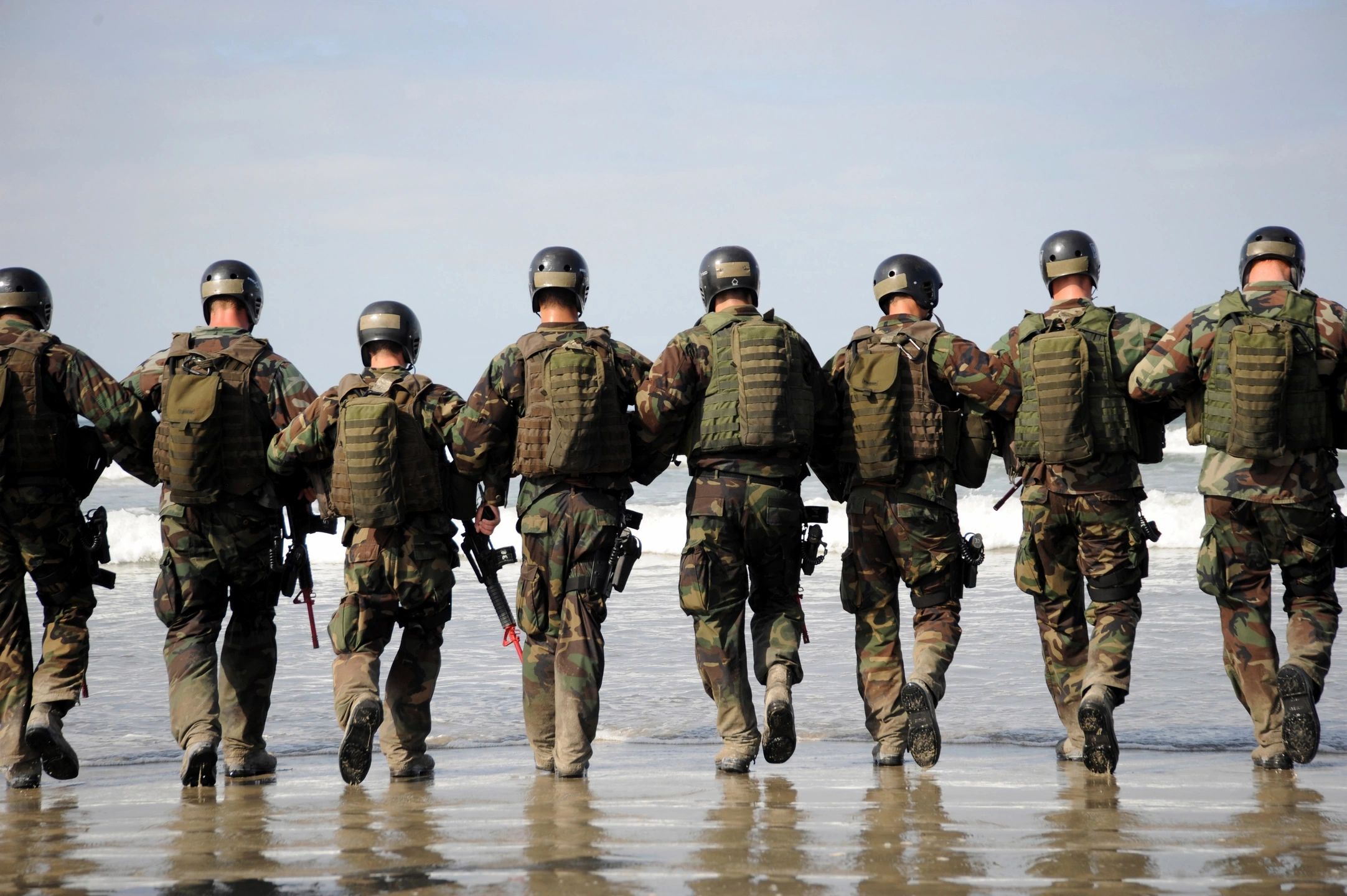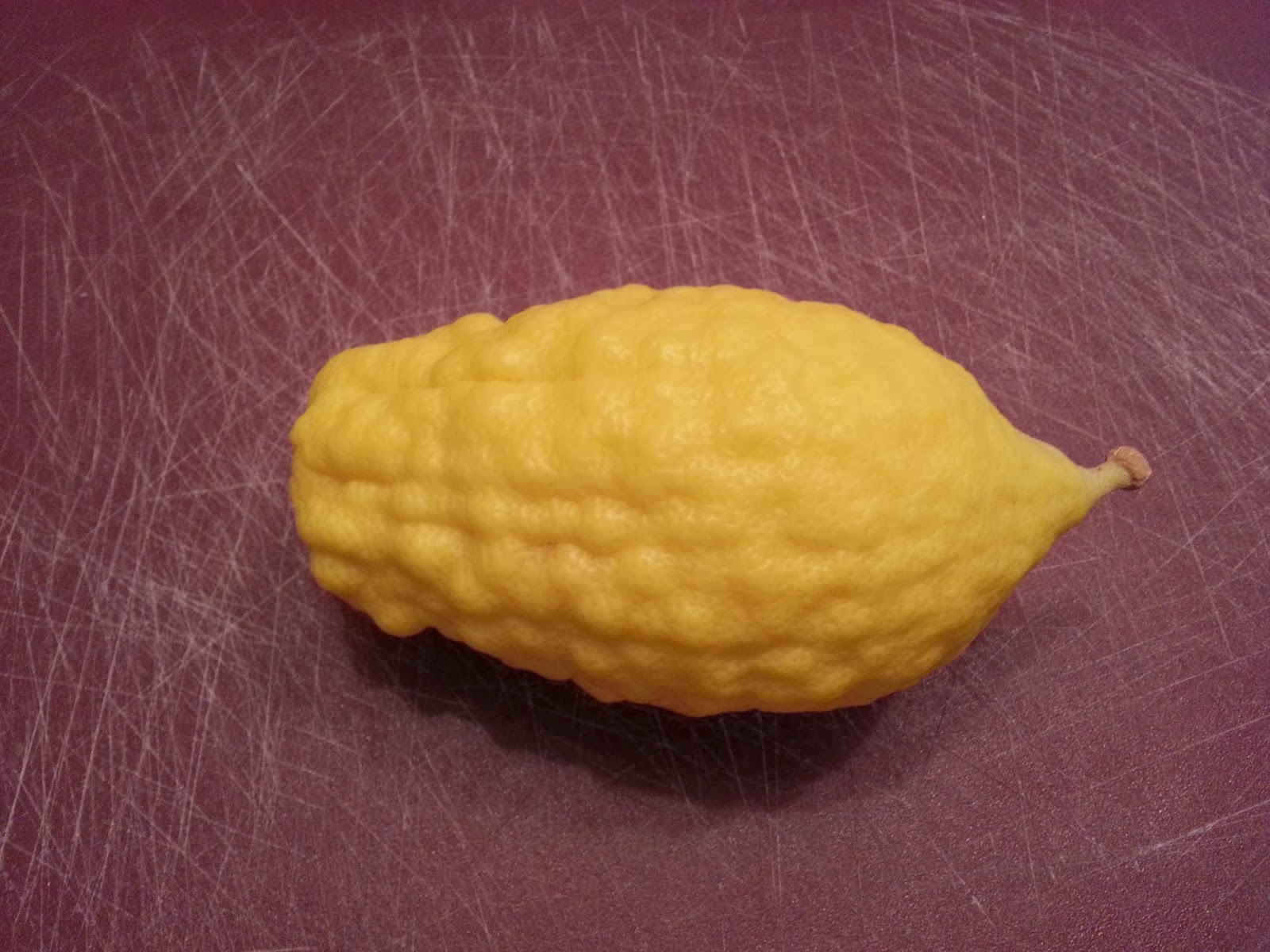In this week’s Parsha (9:7), Aharon the Kohen Gadol was supposed to perform the inaugural service at the Mizbeach (altar), but he couldn’t bring himself to do it. Moshe had to tell Aharon to go close to the Mizbeach. Why? Why did Moshe have to tell Aharon to go to the Mizbeach? What was going on? I heard from my father Rav Yitzchok Fingerer shlita that the answer is that Aharon was intimidated and bashful. His sin with the golden calf was on his conscience and he was plagued with utter remorse. He did not feel worthy of holiness and serving at the Mizbeach. In fact, the Minchah Blula shares something amazing. He says that Aharon couldn’t approach the Mizbeach because he had hallucinations. He had visions that the golden calf was hovering on the Mizbeach. Therefore, his brother Moshe has to say to him, draw close to Mizbeach. Moshe cajoled and coaxed Aharon to serve at the Mizbeach and tells him, don’t let your past haunt or torment you. It’s time for a new beginning.
What a lesson for us. We should never let our past errors take hold of us. We also build images. We also have preconceived notions and even hallucinations from our past that come to haunt us and prevent us from growing. We must grow and become greater. We can change. We have the potential to shine anew. Let’s work on ourselves!
One Rosh Hashanah morning, Rav Shimshon Pincus stepped outside the Beis Medrash for a moment and spotted his student who was crying in the corner of the hallway. Rav Shimshon approached the boy, placed an arm on his shoulders, and asked him why he looked so sad. The boy looked up and told his Rebbi that he tried very hard to improve himself, but he felt that his efforts had fallen short.
Rav Shimshon told the boy a personal story: During the Yom Kippur War, I was in the emergency room in Shaarei Tzedek hospital with one of my children when I suddenly noticed a commotion. Many doctors were gathered and conversing together, they appeared to be discussing an important matter. I soon found out that a soldier had been shot with a bullet that ended up in his leg and it needed to be safely removed. After the doctor successfully removed the bullet, he told the soldier that the surgery was complete and that he was free to go home. The young man grimaced in pain as he tried to slide off the operating table. Beads of sweat formed on his forehead, and he looked questioningly at the doctor. “Home? You think I’m heading home? I was shot and lost this battle, but there is still a war going on and my fellow soldiers need me back on the battlefield.” This brave and strong soldier hobbled out of the room and headed back to the front lines.
Rav Shimshon concluded the story and said “I am not convinced that you haven’t stumbled. I know that you may have fallen. However, just because you have fallen it doesn’t mean that you can’t get back up. Losing a battle doesn’t mean that you’ve lost the war. We are fighting a war in there and I don’t want to head back in without you. We need you to fight alongside with the rest of us!” Together the Rebbe and student walked back into the Beis Medrash to “fight” alongside one another.
Let’s show ourselves that we are great and that we should never give up on ourselves. Let’s make for ourselves a much greater future, a much more beautiful life ahead. Even if we’ve lost the battle, that doesn’t mean we need to lose the war. When we do fall, we must not feel hopeless or helpless. We must stand up and go to war again!
Please check out the Jewish n’ Joyful podcast. The podcast and its videos are available on all main streaming platforms. Feedback is greatly appreciated – to receive our weekly email, email us at parshaknowledge@gmail.com or visit our website parshaknowledge.com








